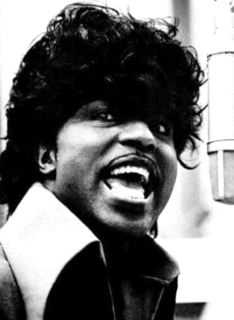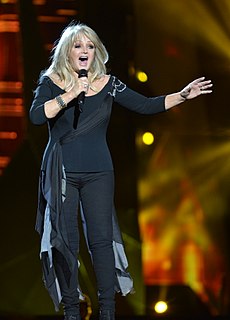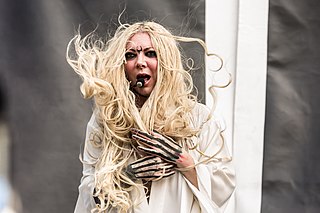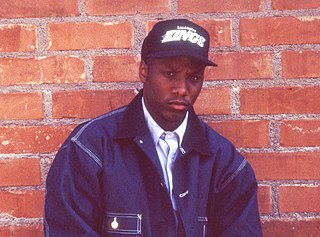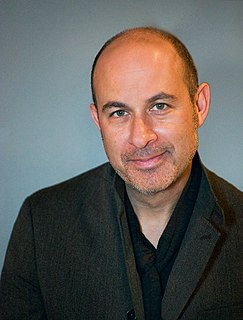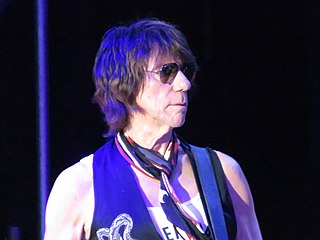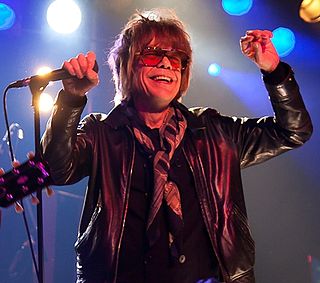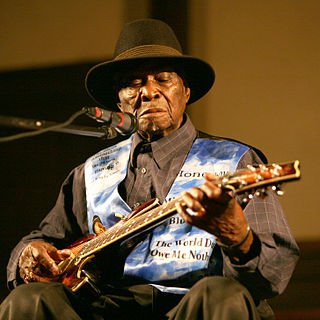A Quote by Little Richard
That's what Tina Turner did, too - sang blues up-tempo - and they called it rock 'n' roll.
Related Quotes
No matter what though, there's always rock & roll. There's rock 'n' roll in hip-hop, there's rock & roll in pop music, there's rock 'n' roll in soul, there's rock 'n' roll in country. When you see people dress and their style has an edge to it, that rebellious edge that bubbles up in every genre, that's rock & roll. Everybody still wants to be a rock star.
There's rock n' roll in hip-hop, there's rock n' roll in pop music, there's rock n' roll in soul, there's rock n' roll in country. When you see people dress, and their style has an edge to it, that rebellious edge that bubbles up in every genre, that's rock n' roll. Everybody still wants to be a rock star, you know?
